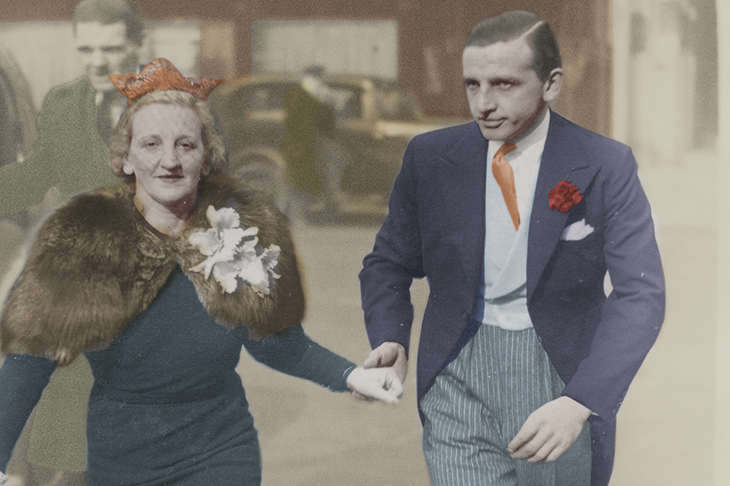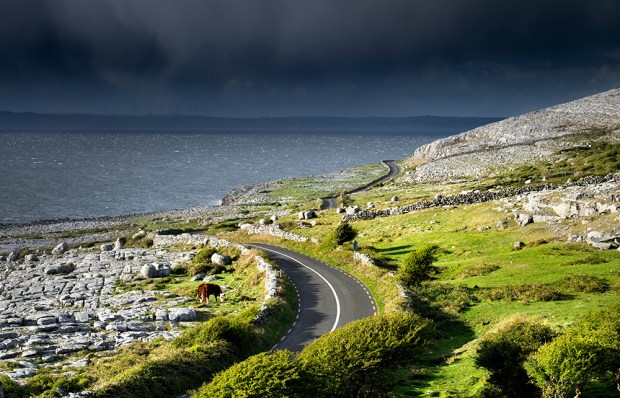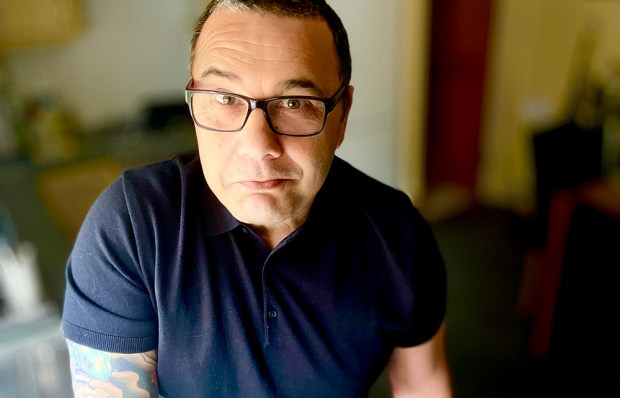Kiss Myself Goodbye. It sounds a bit like a William Boyd novel. It looks likea William Boyd novel, too: the cover shows an old hand-coloured photograph of a fur-stoled woman, determinedly leading a man in morning dress towards the camera. And, indeed, the raw material would likely make a very good William Boyd novel — only Boyd would have to jettison at least half of the breakneck hairpin bends in the mad, mazy plot for the sake of believability.
Already a subscriber? Log in
Subscribe for just $2 a week
Try a month of The Spectator Australia absolutely free and without commitment. Not only that but – if you choose to continue – you’ll pay just $2 a week for your first year.
- Unlimited access to spectator.com.au and app
- The weekly edition on the Spectator Australia app
- Spectator podcasts and newsletters
- Full access to spectator.co.uk
Or
Unlock this article
You might disagree with half of it, but you’ll enjoy reading all of it. Try your first month for free, then just $2 a week for the remainder of your first year.














Comments
Don't miss out
Join the conversation with other Spectator Australia readers. Subscribe to leave a comment.
SUBSCRIBEAlready a subscriber? Log in